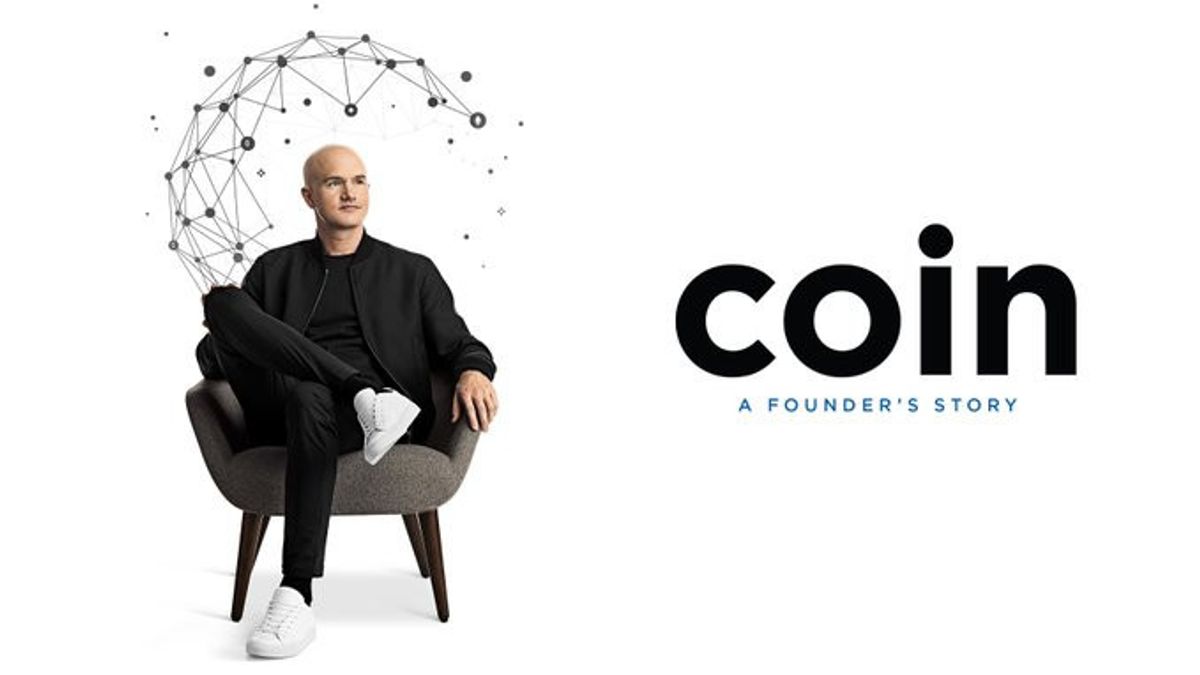JAKARTA - Brian Armstrong, CEO of crypto exchange Coinbase, stressed that regulating crypto regulation is not a "rocket science" and he believes that the United States will achieve regulatory clarity, "although it takes time."
Armstrong in an interview with The Wall Street Journal on June 11, just days after the United States Securities and Exchange Commission (SEC) filed a lawsuit against Coinbase on June 6. The SEC claims that Coinbase has run a securities exchange, brokerage companies, and clearing institutions without registering at the commission.
Armstrong discussed the lawsuit in the interview, explaining that he believed the registration was unnecessary for Coinbase to operate.
"The assets we trade are commodities, so we don't need those registrations [...] we trade crypto commodities on our exchanges," Armstrong said, quoted by Cointelegraph.
Although he did not claim that Coinbase was a brokerage company, Armstrong said that the exchange was facing difficulties in activating licenses.
"We don't claim to be a brokerage company, we have obtained a license for a broker company that is still inactive because they don't allow us to activate it," he said.
On regulations, Armstrong explained that it is not "a rocket science" and the United States will achieve "the right results, even if it takes time."
He stressed that the SEC vs Coinbase lawsuit is important for the United States crypto industry as a whole, and he hopes it will bring more clarity and prevent the country from being "lagging behind" than any other country in the world.
Armstrong argues that once there are clear and stable regulations regarding crypto in the United States, it will push the crypto business back into the country.
"We will see entrepreneurs leaving the United States return. They will say that they will not be attacked carelessly or have very high legal bills at any time," he said.
On April 11, Cointelegraph reported that the number of global crypto developers in the United States decreased 26% from 2018 to 2022, with "slight regulatory clarity" as a significant factor, and as a result, "America's advantage may be declining."
Armstrong highlighted important regulatory points that he said needed to be explained, including clear "borders" between the two main US financial regulators: the SEC and the Commodity Futures Trading Commission (CFTC).
He pointed out that while other countries, such as the United Kingdom, have one financial regulator, the United States is currently experiencing a "war of power" between the two regulatory bodies. Related to this, he argues that some of the fundamental regulations
Regulations can be simply transferred from traditional finance, such as basic consumer protection, audit requirements for financial reports, as well as Anti-Money Laundering (AML) and Know Your Customer (KYC) procedures.
Armstrong insists that currently there is no "clear rulebook" for crypto regulation in the United States, and although he continues to ask the SEC for clarification, Coinbase does not "get any feedback."
This came after Armstrong responded to the SEC's lawsuit against Coinbase via Twitter on June 7, saying he was proud to "represent this industry in court" and get a little "clearity around crypto rules."
In the interview, Armstrong also expressed his hope that crypto regulation in the United States could create an environment that would allow innovation to develop without limiting growth and strengthening the country's position in the crypto industry globally.
The English, Chinese, Japanese, Arabic, and French versions are automatically generated by the AI. So there may still be inaccuracies in translating, please always see Indonesian as our main language. (system supported by DigitalSiber.id)













